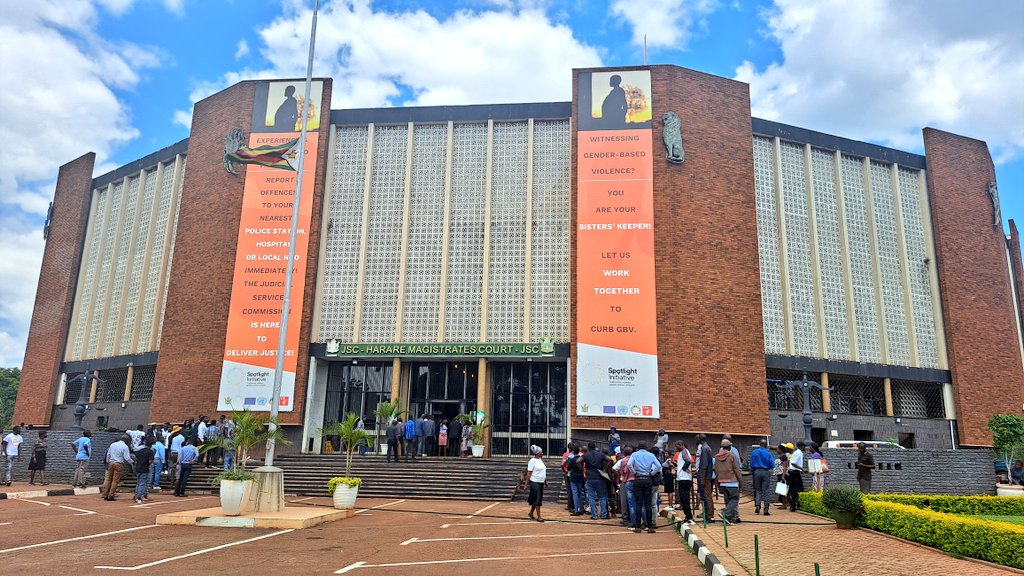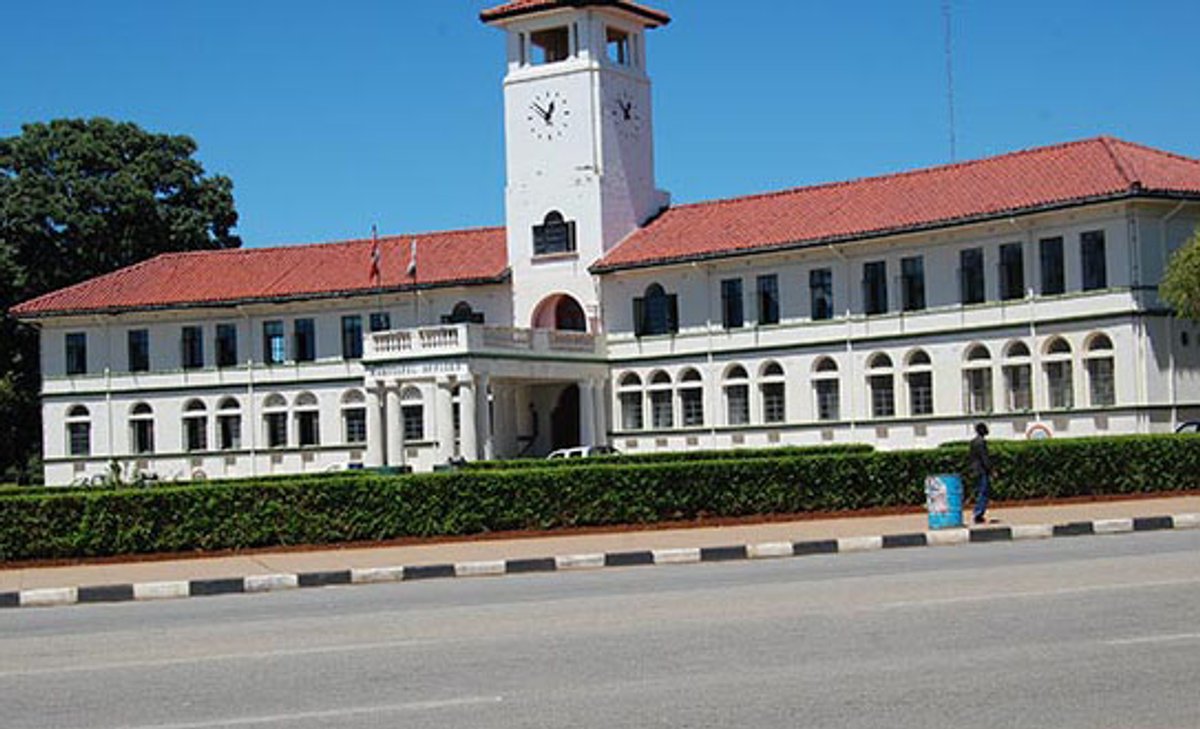THE National Social Security Authority has given Capital Bank the nod to wind up operations and is now focusing on setting up a micro-finance institution.
Sources familiar with the developments said yesterday the Reserve Bank of Zimbabwe and the Ministry of Finance had approved the plan, which involves paying off depositors and creditors.
The "bulk" of the employees would be absorbed in the new company.
"NSSA does not need a bank in its present format," said one source who requested anonymity.
"In our view, it is not sustainable to continue capitalising the bank and there are also some legacy issues to consider.
"What is happening is NSSA wants to establish a micro-bank to finance high- to medium-density housing projects. NSSA will pay off all depositors and creditors of the bank."
Capital Bank managing director Mr Lawrence Tamayi could neither confirm nor deny this development, but referred questions to the central bank.
"As you know, our operations are regulated by the Reserve Bank of Zimbabwe, therefore any comments pertaining to new developments will come from the central bank," said Mr Tamayi.
However, insiders at Capital Bank said the NSSA takeover has failed to revive the fortunes of the bank. Merchant banks are required to have minimum capital base of $100 million by June next year.
"Indications are that the NSSA takeover failed to turn around the fortunes of the bank to an extent that functionally the entire staff is redundant or on forced leave pending dismissal," said one source.
"And how can a bank such as Capital pay hefty salaries when it has no meaningful trading income and worse still, a negative balance sheet?"
Capital Bank is one of the two remaining merchant banks in Zimbabwe. The other, Tetrad, has since applied for a commercial banking licence and its application is still under consideration.
The absence of deal structuring on credit instruments as well as a non-vibrant domestic trade regime on trade finance facilities has negatively affected the viability of merchant banks.
Capital Bank's annual financial accounts were qualified and could not be published. Analysts say one of the reasons why a bank or any company with fair representation of public interest would not publish results would be a negative balance sheet and residual non-performing loans that would naturally elicit public scrutiny.
NSSA has a controlling 84 percent shareholding in Capital Bank with the remainder being held by Mr Patterson Timba, who was the founder of the bank, then known as ReNaissance Merchant Bank.
RMB was placed under curatorship in 2011 after directors borrowed millions of dollars of depositors' funds in breach of banking regulations, driving the bank into negative equity.
NSSA moved into the then RMB last year after a $24 million deal for 84 percent equity. No comment could be obtained from the RBZ and the Finance Ministry by the time of going to press.
- herald
 Mnangagwa in Eswatini
Mnangagwa in Eswatini  South Africa is in serious trouble
South Africa is in serious trouble  US halts visa services for Zimbabwean nationals
US halts visa services for Zimbabwean nationals  ZSE and VFEX recover after weak 1st half
ZSE and VFEX recover after weak 1st half  Gold edges up as traders await guidance
Gold edges up as traders await guidance  Zimbabwe Agricultural Show 2025 kicks off
Zimbabwe Agricultural Show 2025 kicks off  Young Investment Professional (YIP) Graduate Programme 2019
Young Investment Professional (YIP) Graduate Programme 2019 











 Young Investment Professional (YIP) Graduate Programme 2019
Young Investment Professional (YIP) Graduate Programme 2019
Editor's Pick